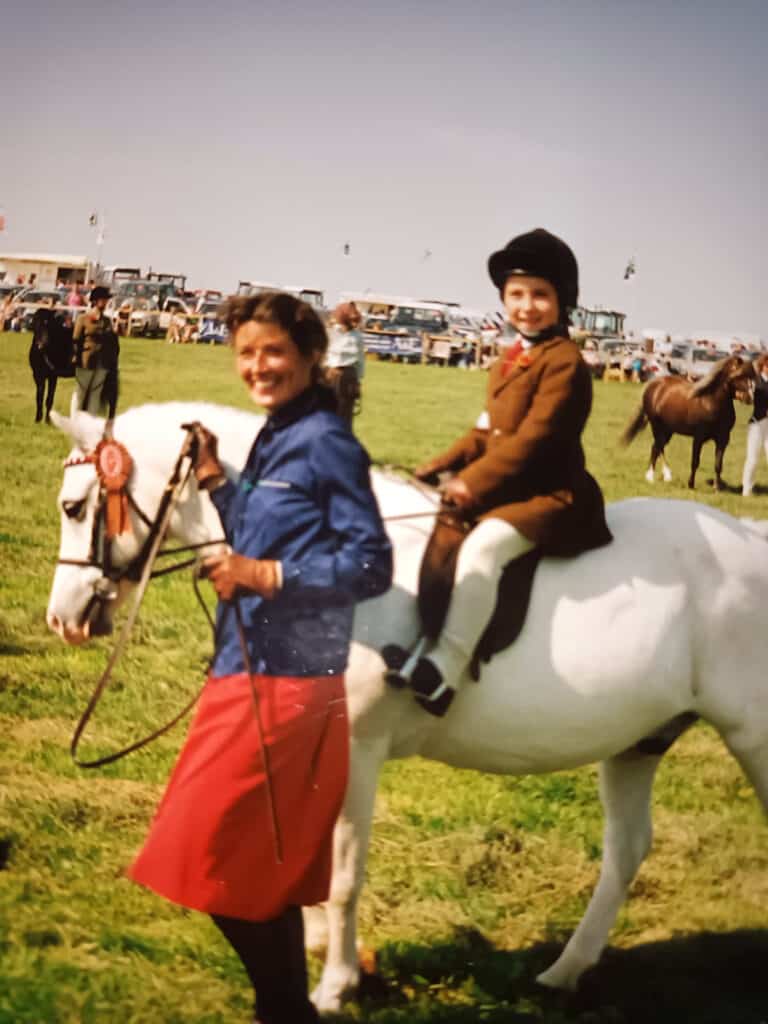In this week’s episode we take a peaceful stroll through the wildlife and farming sections, along with a fascinating article from the health section on why you’re never too old to ‘keep moving’ – and why exercise isn’t such a stupid idea even if you’re in your 70s or 80s:
- The latest Winterborne Kingston dig reveals the lifestyle and habits of our Dorset forebears more than 2,000 years ago, says Roger Guttridge
- When she was young, wildlife writer Jane Adams was told ‘you can’t hear bats’ – and she believed it for 30 years … But you can.
- Trail cams have now captured sightings of the first beaver kits born in Dorset for more than 400 years says Hazel Ormrod from Dorset Wildlife Trust; for two weeks it was thought there was only one.
- A favourite spring flower is a surprise forage in late summer, and expert Carl Mintern has the real reason for those pucker-up sour blackberries right next to the sweet ones
- Understanding biennials has led to a nostalgic flower patch full of scent and colour, says flower farmer Charlotte Tombs
- Ragwort is a menace to all animal owners, says Andrew Livingston – but he suspects his passion for picking the poisonous plant isn’t popular with conservation groups
- Dry crops aren’t always a good thing, says fifth generation farmer James Cossins, as he explains late night combine harvesting and reducing the fire risk
- Too old? Absolutely not, says expert Mel Mitchell, as she explains why you should never stop – and why it’s never to late too start
- Great skin is rarely about what you put on it, says nutritional therapist Karen Geary – instead try looking at what you’re eating























